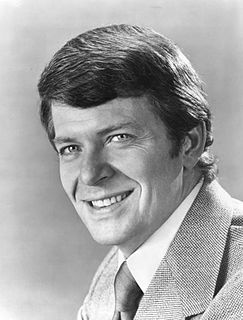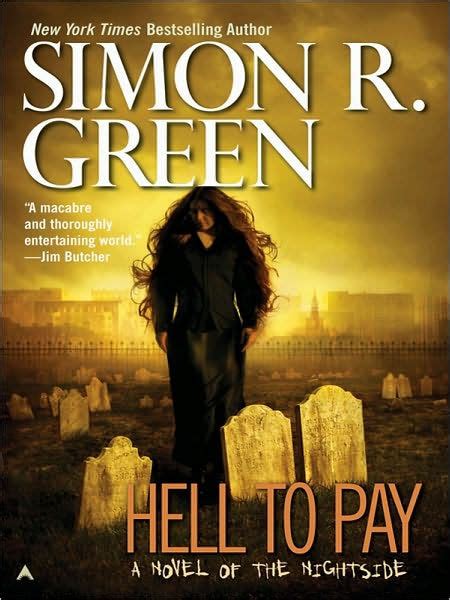A Quote by Ernest Hemingway
I rewrote the ending to 'Farewell to Arms,' the last page of it, thirty-nine times before I was satisfied.
Related Quotes
To all my gentle readers who have treated me with love for over 30 years, I must say farewell. It has always been my ambition to die in harness with my head face down on a keyboard and my nose caught between two of the keys, but that's not the way it worked out. I have had a long and happy life and I have no complaints about the ending, thereof, and so farewell - farewell.
The technology involved in making anything invisible is so infinitely complex that nine hundred and ninety-nine billion, nine hundred and ninety-nine million, nine hundred and ninety-nine thousand, nine hundred and ninety-nine times out of a trillion it is much simpler and more effective just to take the thing away and do without it.
At times I believed that the last page of my book and the last page of my life were one and the same, that when my book ended I'd end, a great wind would sweep through my rooms carrying the pages away, and when the air cleared of all those fluttering white sheets the room would be silent, the chair where I sat empty.





































